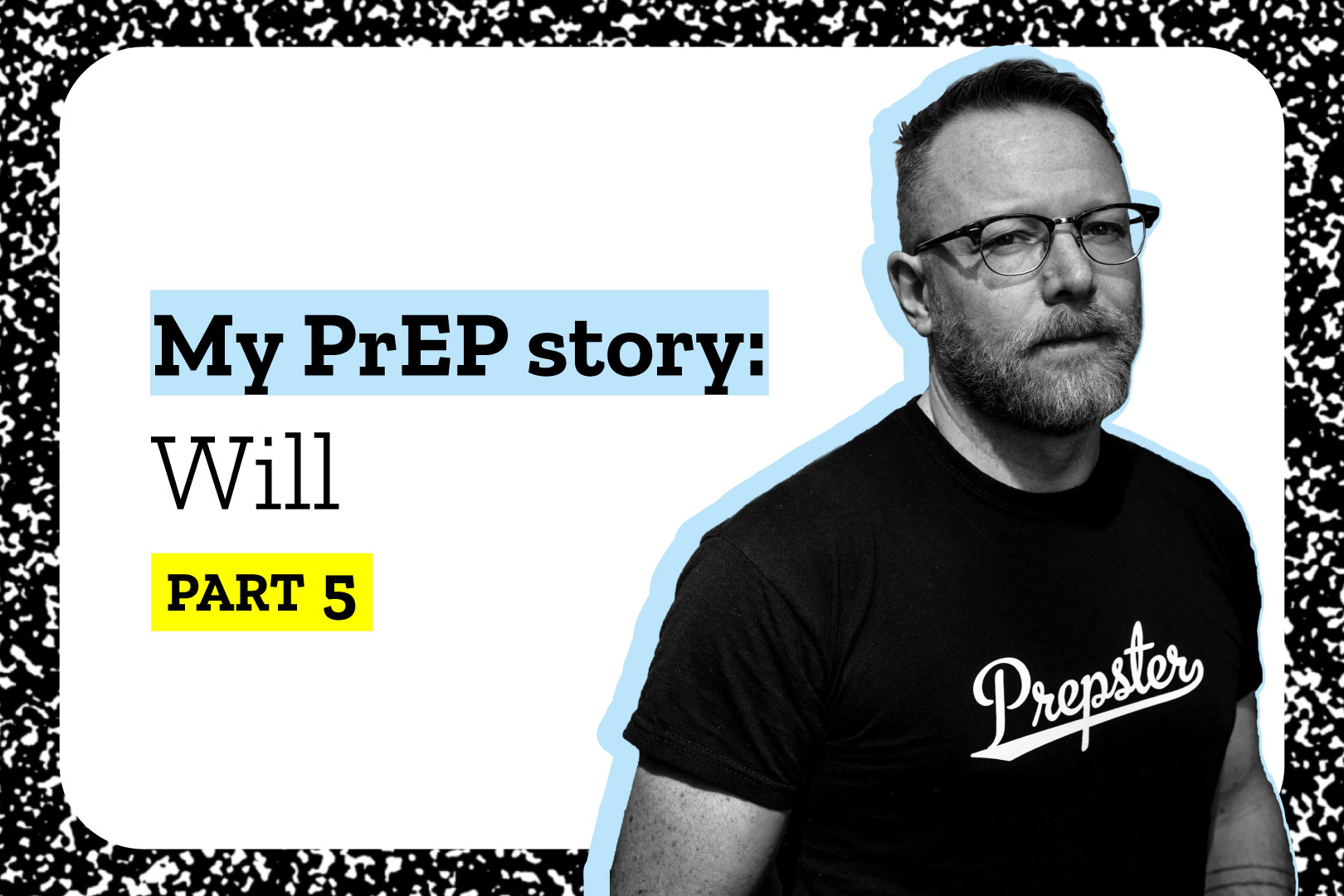My PrEP Story: Will (part 5)

My PrEP Story is the personal voice of people who are using, or have used, PrEP, and those who have been at the forefront of providing it and advocating for it. Find out more about their decisions to use PrEP, how they have navigated using PrEP, and their very own PrEP journey.
If you’d like to add your voice to My PrEP Story, check out our helpful guide and email hello@prepster.info
Over six years ago the PrEP IMPACT Trial launched in England. That Trial, widely viewed as a compromise to ensure faster availability of PrEP after NAT took NHS England to court, had initial places for just 10,000 people. Although those places eventually increased to 26,000, how the Trial was set up embedded a problem about PrEP equity and access that is still being unpicked today.
Despite evidence about the settings in which people receive their sexual health services, IMPACT only allowed PrEP to be available through sexual health clinics in England. The inevitable result meant that people who generally access sexual health services through other settings – such as family doctors, miss out on PrEP.
Recent data from UKHSA shows a large increase in the numbers of people in England who had PrEP initiated in a sexual health clinic from 2021 to 2022. Over 86,000 people last year were prescribed PrEP – a growing number and one that is having an impact on HIV incidence.
Yet that same data shows inequity across different groups of people both benefiting from PrEP and in who is diagnosed with HIV. In 2022, three-quarters of gay and bisexual men who had a PrEP need identified in a sexual health clinic initiated or continued PrEP; those figures fell to 39% for heterosexual men, and 36% of heterosexual and bisexual women. Whilst HIV diagnoses in gay and bisexual men in England fell between 2021 and 2022, diagnoses increased by 17% in Asian gay men, and by a quarter in men of mixed or other ethnicity.
Young gay men recently interviewed for new research by PrEPster told us that clinic appointments – especially in London – are “like gold dust”. Queer migrants who could often most benefit from PrEP told us that they don’t know NHS sexual health services are accessible to them, or they fear providing personal information, or being reported to the Home Office. Black gay men report fears of – or actual experiences of – racism and homophobia within clinics that might stop them from accessing PrEP.
The discussions about increasing PrEP access were being rehearsed even before the IMPACT Trial started, and yet three years after the routine commissioning of PrEP in England, the system is no closer to routinely providing PrEP beyond sexual health services.
Within sexual health services, we need to make it easier and simpler for those who want to access PrEP, and those who want to continue taking PrEP, to do so. During COVID we saw revolutionary progress in accessing diagnostic and health services online: shifting more PrEP provision online – with only the more complex cases being undertaken face-to-face in clinics – would free up clinic appointments and make PrEP initiation and continuation easier.
Expanding the health settings in which PrEP is available to those services already being used by potential PrEP beneficiaries – including Black African women – would expand access. This could include targeted GPs in areas of higher HIV incidence, as well as contraception and reproductive health services.
Similar steps could be taken by community pharmacies providing PrEP, and yet conversations are largely stuck around the amounts of funding pharmacists might receive, or whether they are able to legally prescribe PrEP: such issues could have been ironed out years ago.
And offering PrEP initation and continuation by peers, supported by clinical staff, in community settings would begin to address PrEP and HIV inequity by age and ethnicity in gay and bisexual men.Six years after the start of IMPACT, are we finally going to make PrEP access really happen?
— Will
